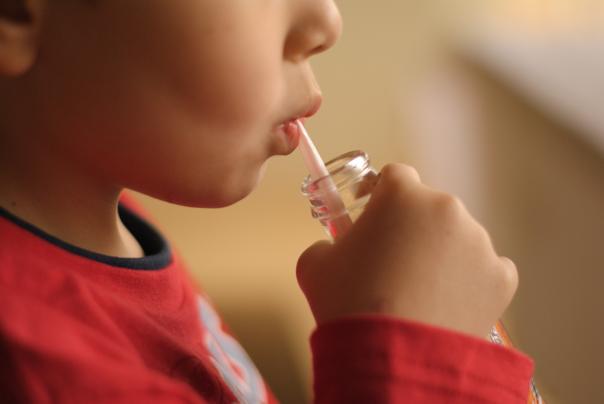
With the government’s soft drinks industry levy coming into effect last week, PHE’s Change4Life campaign is reminding parents that sugary drinks – including juice drinks – are one of the main sources of sugar in children’s diets.
Consuming too much sugar is one of the leading causes of tooth decay and childhood obesity. Tooth extraction remains the most common reason for hospital admissions in children aged five to nine.
Figures show around 141 children a day – some just a year old – are having teeth removed. This means around 60,000 days are missed from school during the year, with the surgery also causing problems with eating, sleeping and even smiling.
PHE’s Change4Life campaign is encouraging parents to: swap sugary drinks for lower or no sugar alternatives, including water and lower fat milks; limit fruit juice and smoothies to a total of 150ml per day and only consume with meals – as they count as a maximum of one portion of our five a day; and ensure children brush twice a day with fluoride toothpaste (once before bedtime and once during the day), as well as reminding them to ‘spit not rinse’, as rinsing washes away the protective fluoride.
According to PHE, soft drinks and fruit juice combined provide a third of free sugars intake in the 11 to 18 year age group, and soft drinks alone provide over a fifth of intake in this age group, the highest single contributor. In younger children (one-and-a-half to three years and four to ten years), soft drinks and fruit juice combined provide over a fifth of free sugars intake, with a higher proportion from fruit juice, according to PHE.
The guidelines state that children aged four to six should have no more than five cubes of sugar (19 grams of sugar) per day, children aged seven to ten should have no more than six cubes of sugar (24 grams) per day and those aged 11+ should have no more than seven cubes of sugar (30 grams) per day.